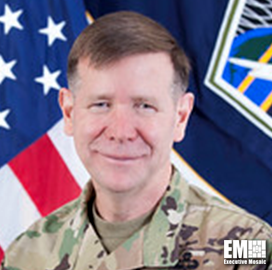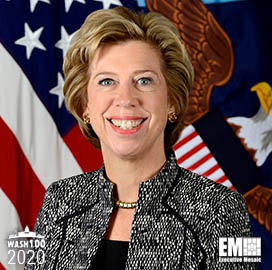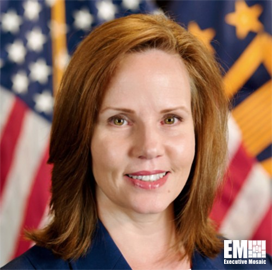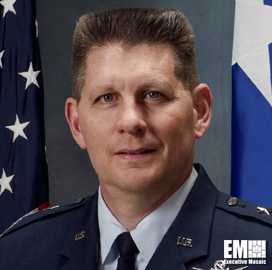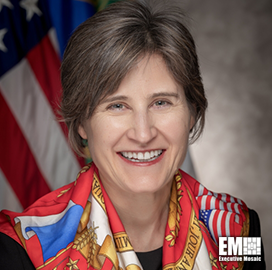The U.S. Army is looking for commercial tools to support the U.S. Cyber Command’s (USCYBERCOM) efforts to deploy the Persistent Cyber Training Environment (PCTE) for worldwide collaborative exercises, C4ISRnet reported Thursday.
The Army recently conducted an industry day where the service branch announced plans to conduct the Cyber Innovation Challenge 4 to support the incremental delivery of technologies for the PCTE platform.
Such technologies may fall under topic areas such as information operations, cyber traffic, social media layers and command-and-control dashboards.
Lt. Gen. Stephen Fogarty, commander of the Army Cyber Command, told attendees during the virtual industry event that the Army plans to incorporate simulated social media frameworks into the PCTE information environment.
“The environment that PCTE replicates has to actually replicate the real-world environment,” he noted. “We need a way to define, shape and record realistic traffic emulation capabilities that mirror real-world activities and terrain across the cyber domain."
Twenty-five percent of the 78 companies that registered for the industry day represented new participants in PCTE and related cyber innovation competitions, according to the report.


